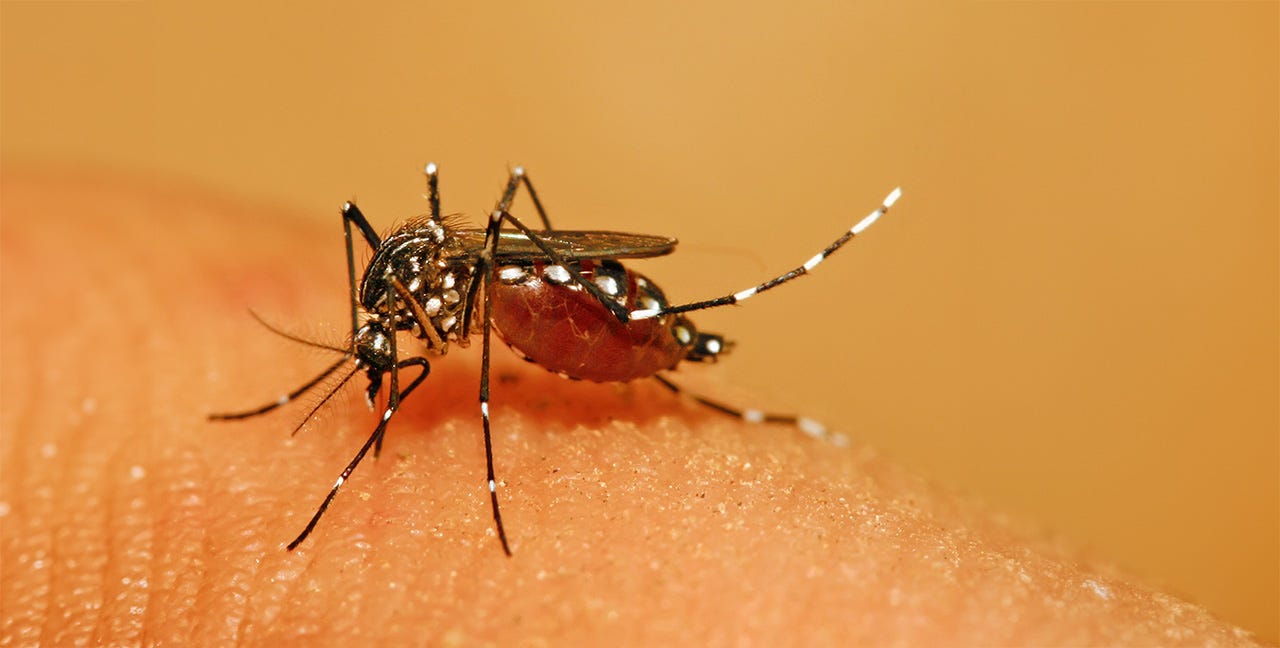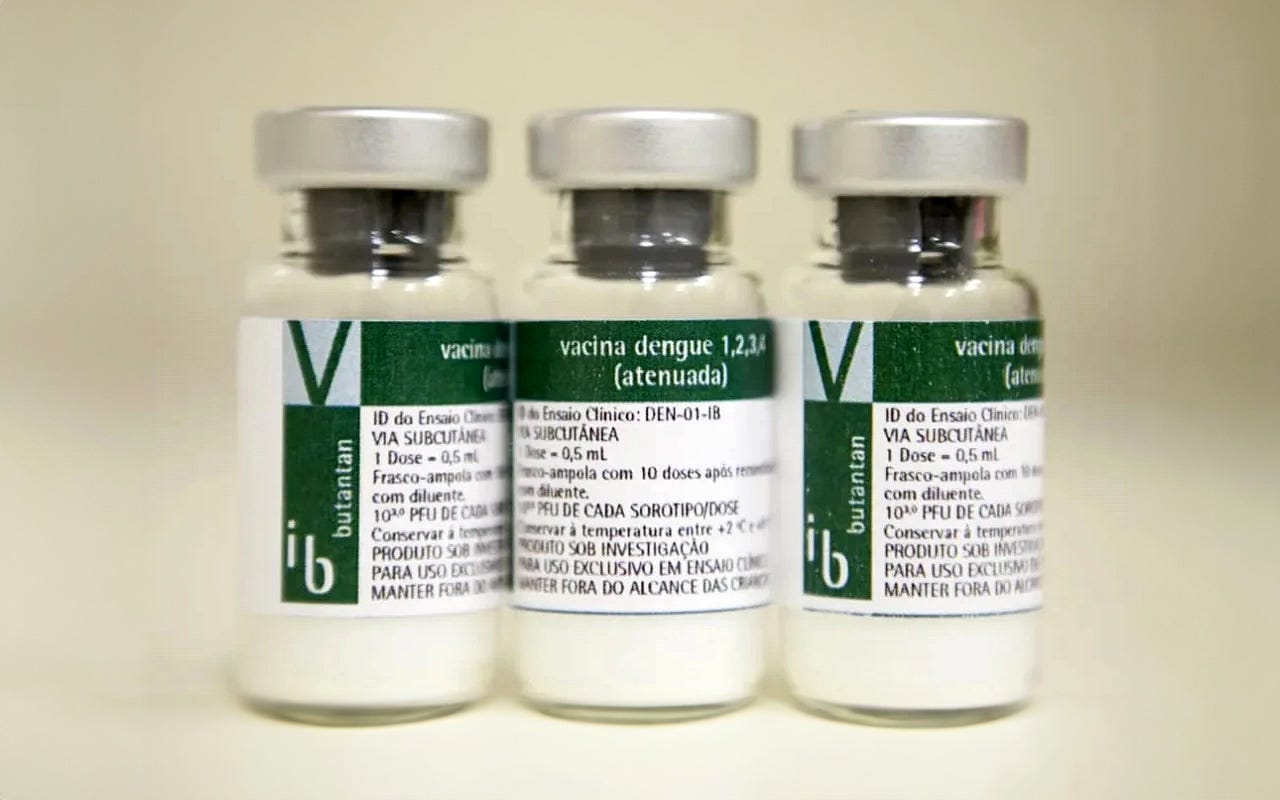In the world's most expensive city, renowned for its magnificent airport, verdant streets, and rooftop infinity pools, a tiny insect has been plaguing its residents for decades.
The Aedes mosquito has been infecting thousands of Singapore residents with chills, muscle aches, and worry lines. Across the world, over 6,000 people die from dengue every year, mainly in Southeast Asia, the Americas, and the Western Pacific.

In the first month of the new year, 1,543 residents were infected with dengue, prompting the National Environment Agency to issue red alert warnings.
Residents in high-risk areas were told to remove stagnant water or face hefty fines; streets were sprayed with insecticide and larvicide; and female Aedes mosquitoes were impregnated1 with the Wolbachia bacteria that renders their offsprings less likely to transmit the deadly virus (yes, it's a real thing akin to vaccinating raccoons and foxes so that they are less likely to transmit rabies).
Contracting dengue is like having your "bones broken" and "having the worst flu ever." An infected person may experience symptoms high fever, severe headache, muscle and joint aches, nausea and vomiting, and widespread maculopapular rash.
But all this may be a thing of the past as the Butantan-Dengue Vaccine is here! This single-dose shot promises protection against the very serotypes (a particular group of viruses) that have plagued Singapore. In recent trials, the vaccine has shown remarkable effectiveness, offering up to 80% protection, and even reaching 90% in certain age groups. Full details of the research can be read here: https://www.nejm.org/doi/full/10.1056/NEJMoa2301790

Of course, that doesn't mean the "Garden City State" and other tropical countries are dengue-free. Further research and widespread implementation are crucial. But for the first time in decades, residents of Singapore have a tangible solution within reach.
Billionaires, high-stake rollers, and the homeless can now be free from the threat of a tiny insect. Let's celebrate with Dom Pérignons for this scientific breakthrough!
Alright, "impregnated" is not right word. Mosquitoes can produce offspring without being f**ked. The Wolbachia doesn't directly affect the female mosquitoes themselves. Instead, the bacteria passes from females to their egg cells, eventually reaching the developing embryos, and gradually increasing the proportion of non-transmitting mosquitoes in the population.



